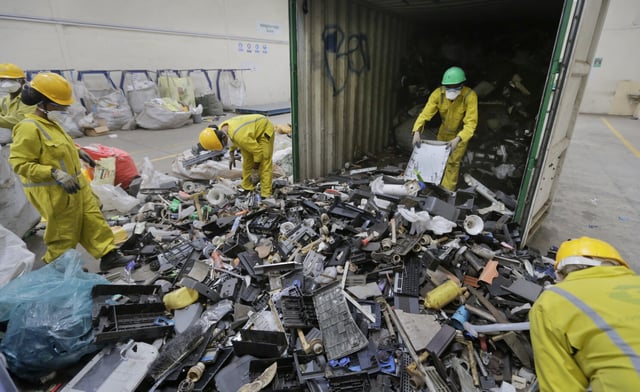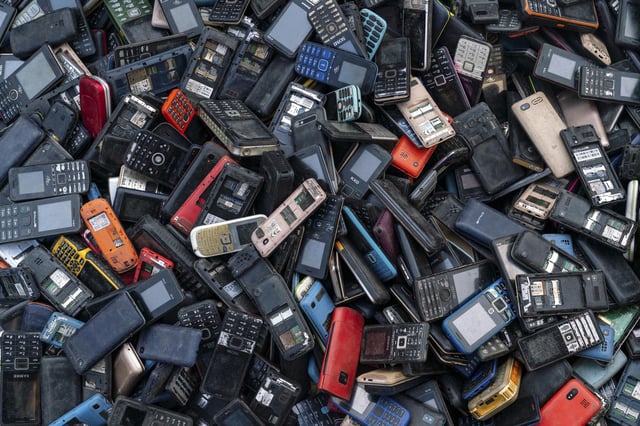Overview
- Humanity produced 137 billion pounds of e-waste in 2022, with less than a quarter being recycled, according to the United Nations.
- The rapid increase in e-waste is attributed to the disposable culture of society and the lack of effective e-waste regulations in most countries.
- E-waste contains hazardous substances like mercury and lead, posing serious health risks, especially to children and pregnant women in poorer regions.
- Recycling e-waste can significantly reduce environmental harm, sparing the planet from mining for virgin metal and reducing greenhouse gas emissions.
- The UN report calls for stronger e-waste management and regulations to increase recycling rates and mitigate the environmental impact.



